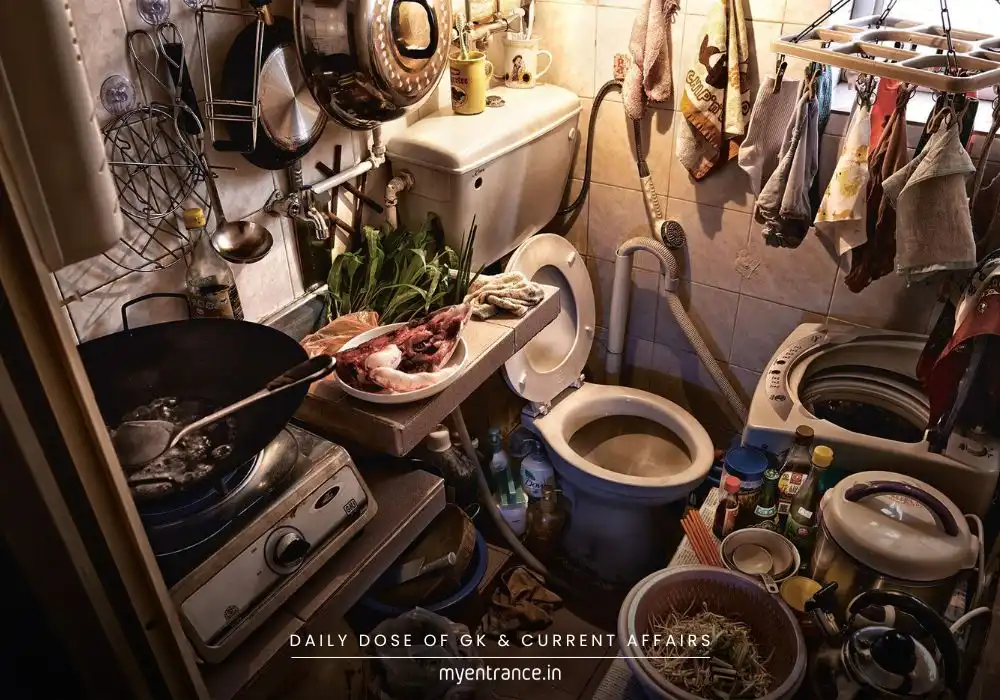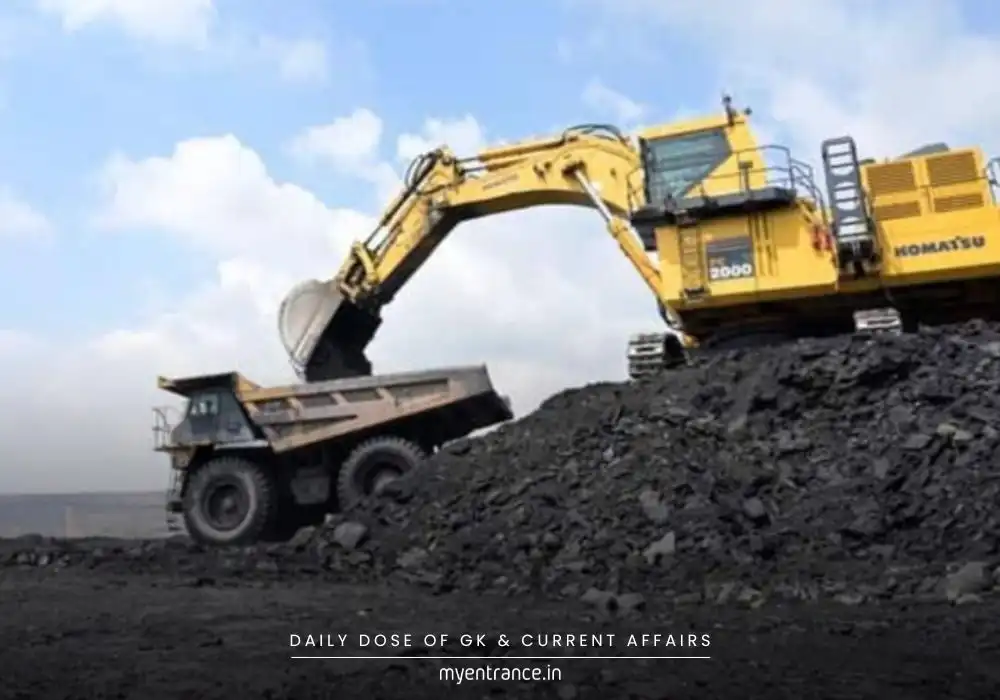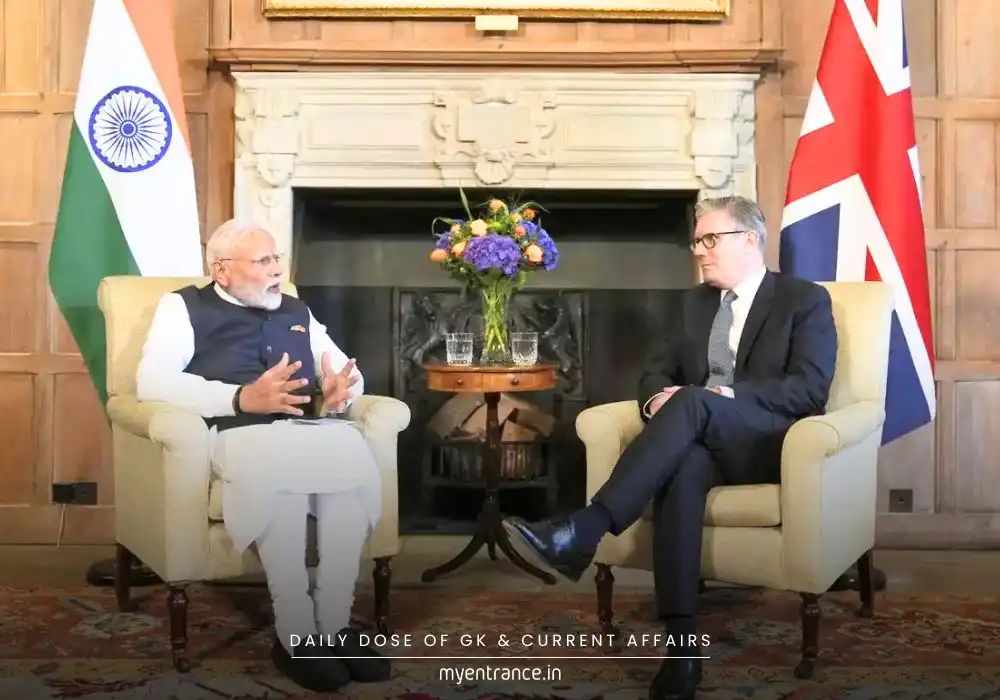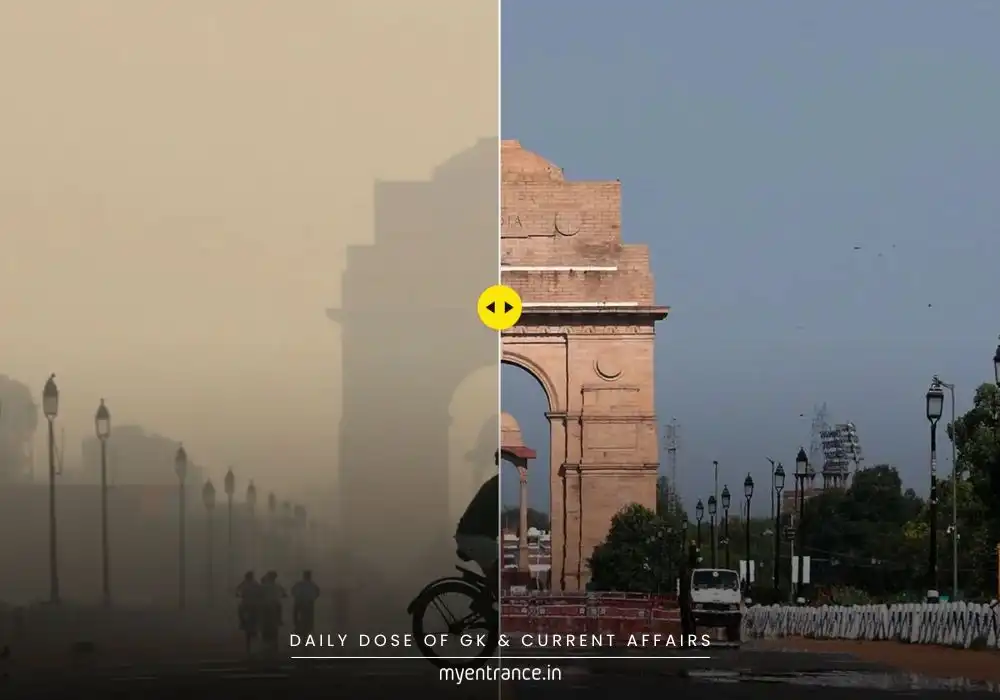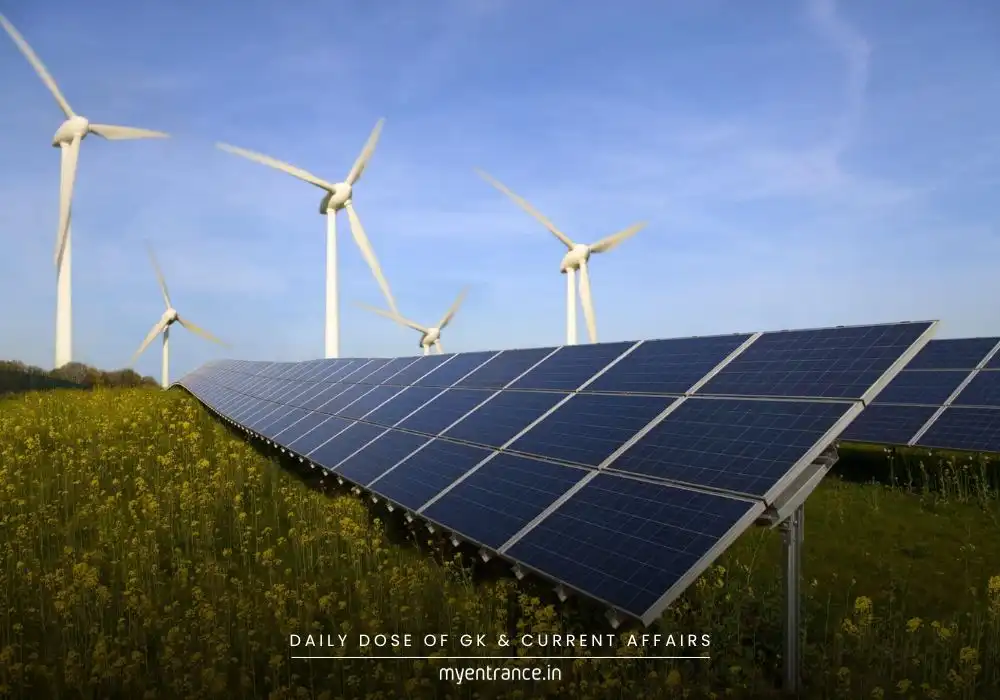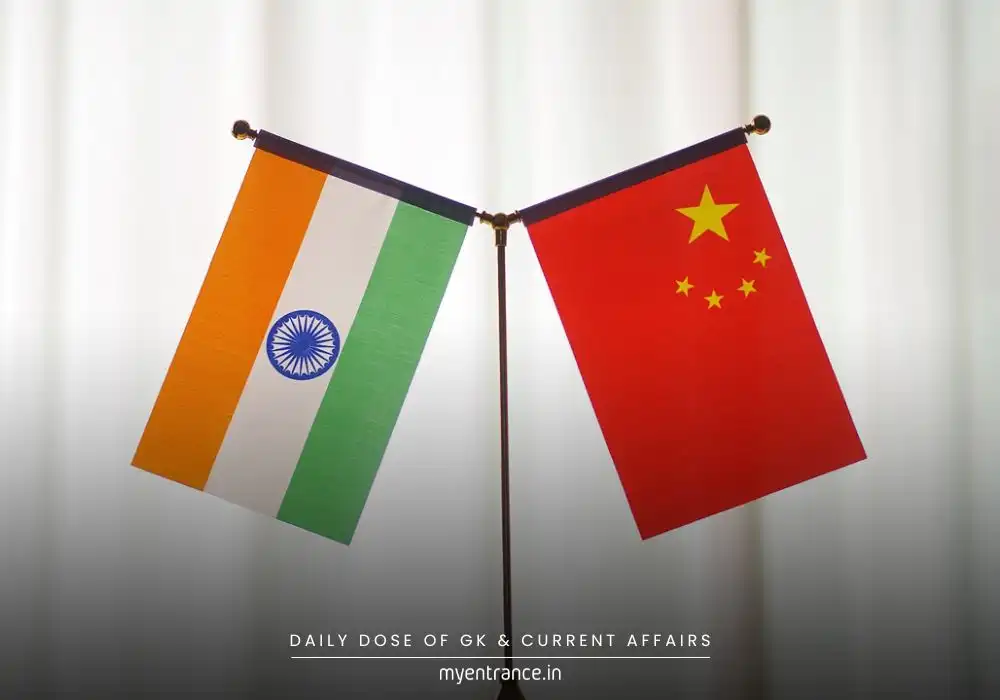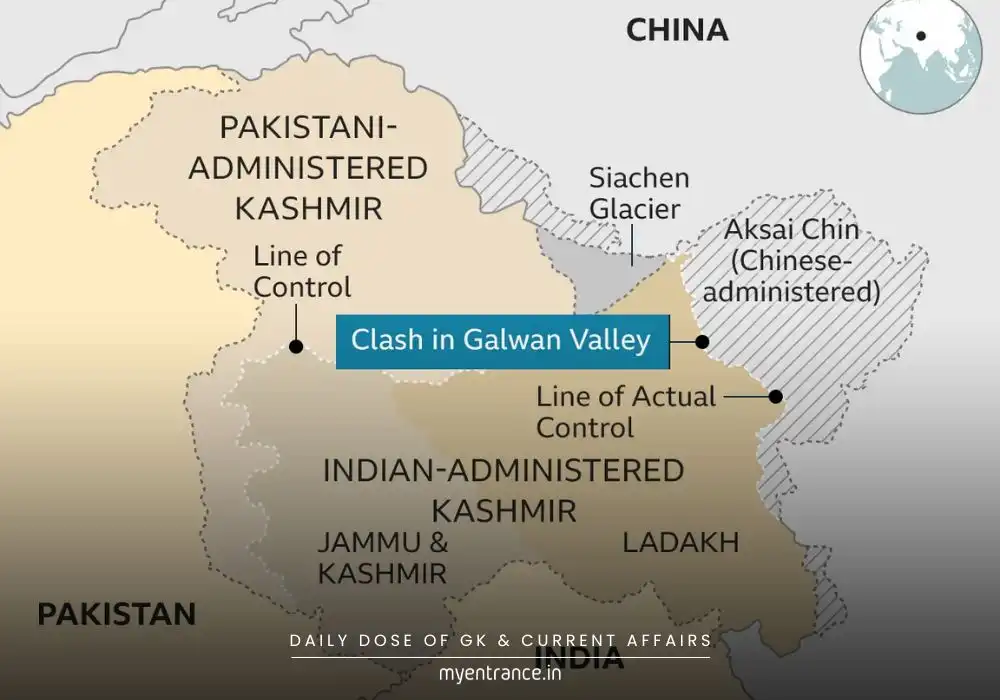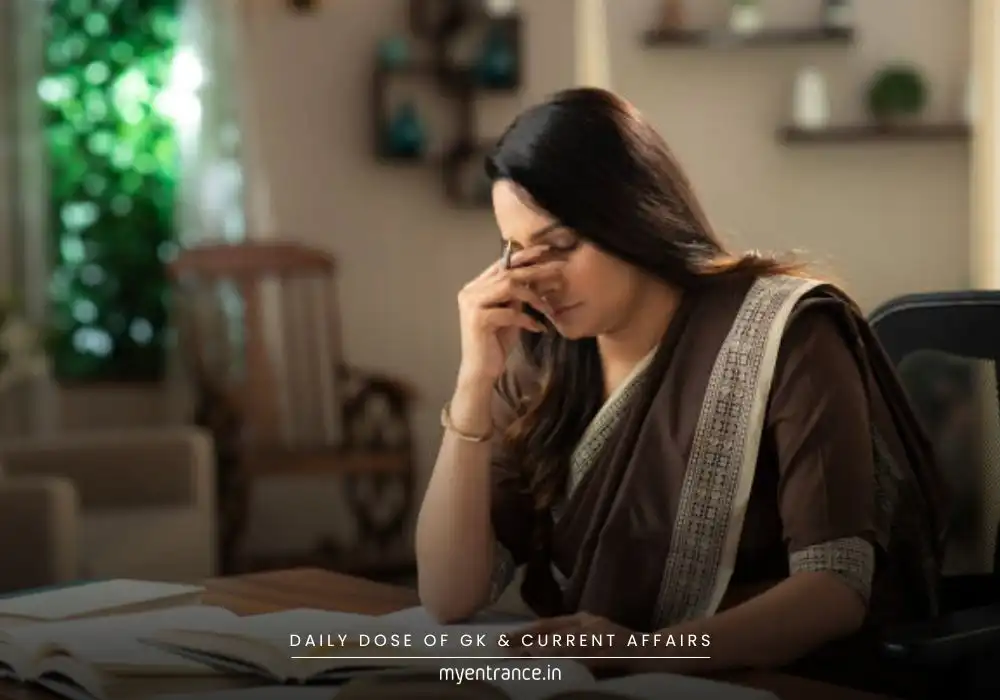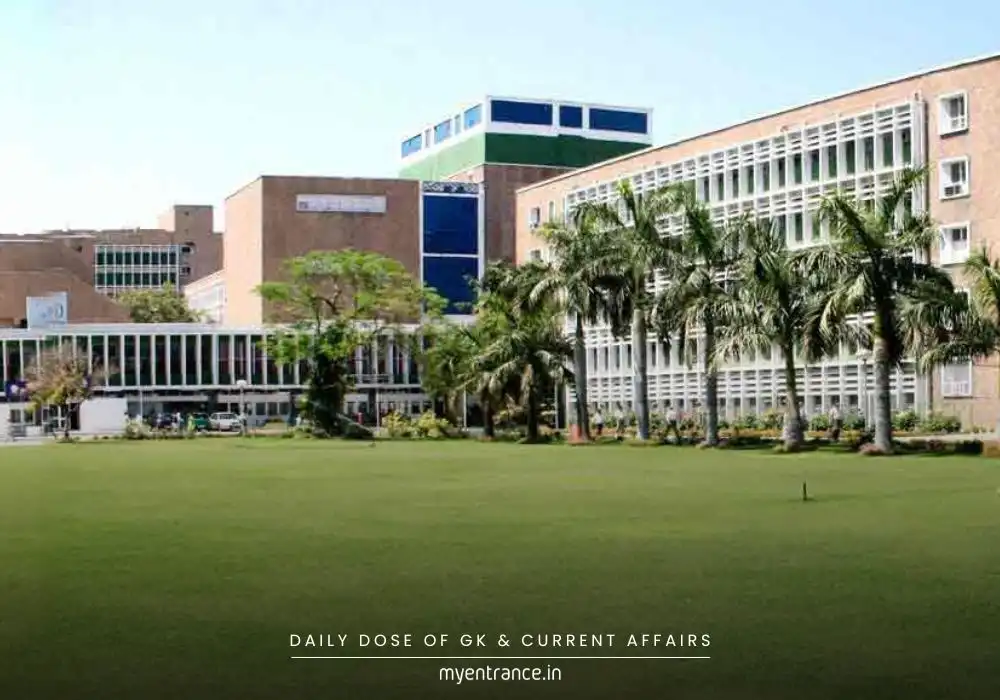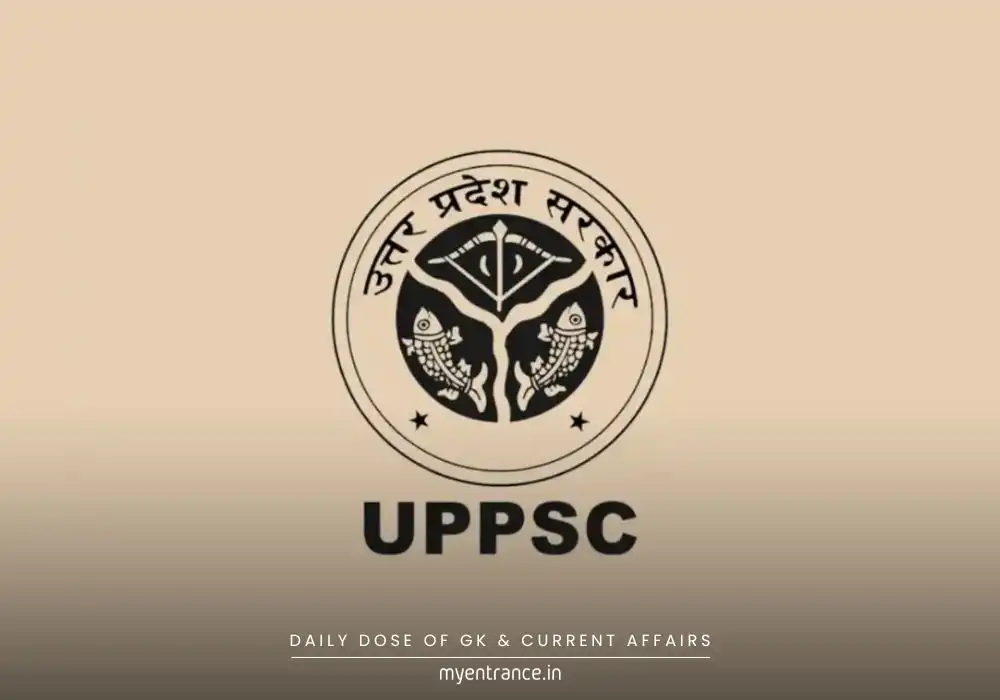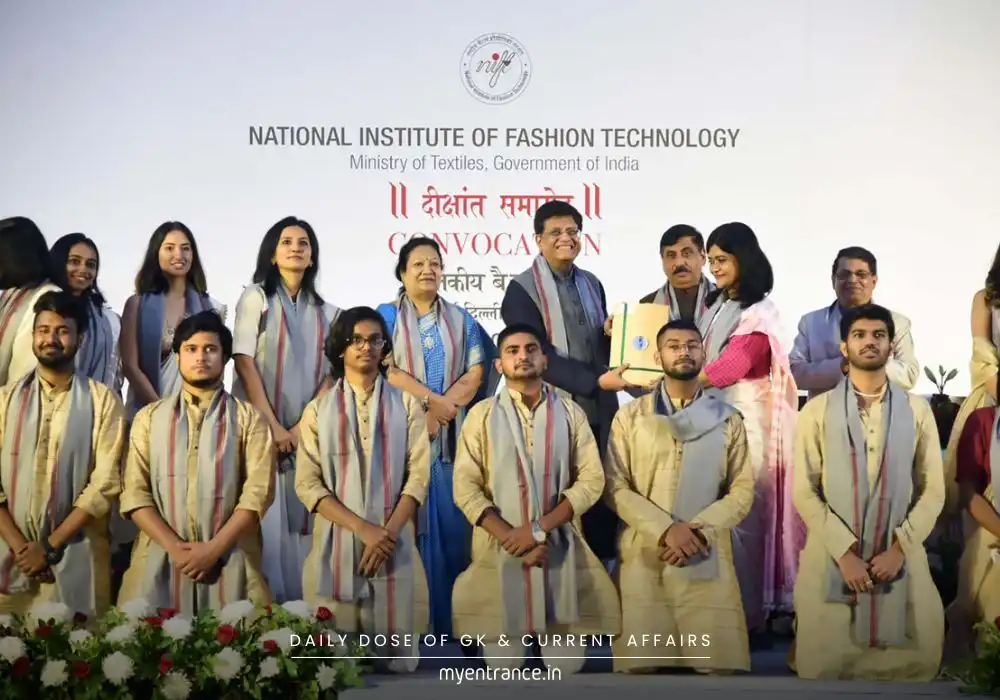Translate Language
Justice Varma Impeachment Motion: What’s Behind the 145 LS + 63 RS Notices?
In an unprecedented move, 145 Lok Sabha and 63 Rajya Sabha MPs submitted impeachment notices against Allahabad High Court Justice Yashwant Varma. This follows a Supreme Court panel’s findings about alleged misconduct, igniting debates on judicial accountability and constitutional procedures.
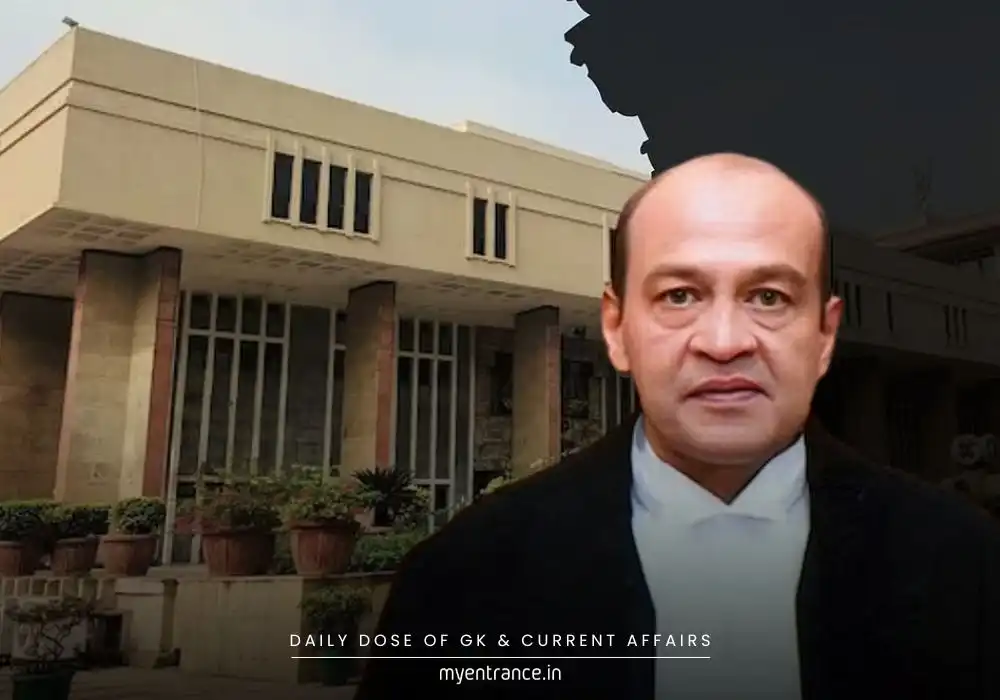
The Indian Parliament is witnessing a constitutional storm. On Monday, opposition and ruling party MPs set aside political differences to demand the removal of Justice Yashwant Varma. A staggering 145 Lok Sabha and 63 Rajya Sabha members formally submitted notices under the Judges Inquiry Act, 1968.
The trigger? A Supreme Court-appointed panel reportedly found substance in explosive allegations. During a fire at Justice Varma’s official residence on March 14, 2025, bundles of cash were allegedly discovered – a claim now threatening his judicial career.
Congress leader Jairam Ramesh confirmed the motion, noting parallels to a similar move against Justice Shekhar Yadav in December 2024. But what happens next?
Rajya Sabha Chairman Jagdeep Dhankhar acknowledged the notices meet the statutory threshold (50+ RS signatories).
Lok Sabha Speaker must now verify if 100+ MPs back the motion.
Crucially, since both Houses received notices the same day, no inquiry committee will form unless both presiding officers admit the motions.
If admitted, a 3-member panel (two judges + a jurist) will investigate. Only if they find “proved misbehaviour” or “incapacity” – the sole grounds for judicial removal – will Parliament vote. Removal requires:
Majority of the House’s total membership AND
Two-thirds support from those “present and voting.”
This marks only the 4th impeachment attempt against a High Court judge since independence – a testament to its gravity.
Sample Q&A for Exams
Q1: What constitutional provisions govern the impeachment of High Court judges?
A1: Articles 124(4) and 218 of the Constitution, read with the Judges Inquiry Act (1968), outline the process. Grounds are limited to “proved misbehaviour” or “incapacity.”
Q2: How many MPs must support an impeachment motion?
A2: Minimum 100 Lok Sabha MPs and 50 Rajya Sabha MPs.
Q3: What happens if impeachment notices are filed in both Houses on the same day?
A3: The Judges Inquiry Act mandates that no inquiry committee is formed unless motions are admitted in both Houses.
Q4: What role does the Supreme Court Collegium play in judicial accountability?
A4: While the Collegium recommends appointments, it has no direct role in removals. Impeachment is exclusively Parliament’s domain.
Q5: Who constitutes the inquiry committee for impeachment?
*A5: A 3-member panel comprising a Supreme Court judge, a High Court Chief Justice, and a distinguished jurist (nominated by the Speaker/Chairman).*
Why This Matters for Exams
This case is critical for UPSC, PSC, SSC, and law exams because:
Constitutional Dynamics: Tests understanding of checks and balances between judiciary (Article 218) and legislature (Judges Inquiry Act).
Current Affairs: Illustrates real-world application of “basic structure doctrine” and judicial accountability – a hot topic for GS Paper II (Mains).
Precedents: Rare impeachment attempts (like Justice Soumitra Sen in 2011) often feature in polity questions.
Ethics: Highlights “misbehaviour” as a removal ground – relevant for ethics papers and interview scenarios.
Procedure Overlap: The dual voting requirement (majority + 2/3rd) mirrors presidential impeachment, aiding comparative analysis.
Get 3 Months Free Access for SSC, PSC, NIFT & NID
Boost your exam prep!
Use offer code WELCOME28 to get 3 months free subscription. Start preparing today!
